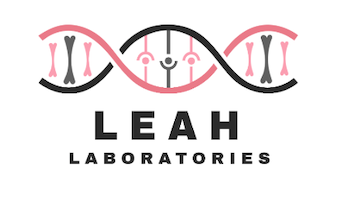Canine Cancer: Investment May Move Dogs Closer to Cure
Dogs with B-cell lymphoma are closer to living longer thanks to an initial seed investment from an Iowa firm.

Iowa-based AgTech investment firm Ag Startup Engine (ASE) announced this week that it has made an initial seed investment in animal health startup LEAH Labs. The startup will use the money to advance its patent-pending gene editing tool aimed at controlling and curing B-cell lymphoma in dogs at a lower cost and with fewer side effects than traditional treatments like chemotherapy entail.
“This investment accelerates LEAH Labs’ product development and will help our technology get into the clinic faster,” said Wesley Wierson, PhD, CEO and cofounder of LEAH Labs. “We are excited to forge a partnership with ASE and continue creating biotechnology buzz in Iowa.”
Lymphoma accounts for 83% of all canine hemaopoietic malignancies and is the most commonly managed cancer in veterinary oncology.
RELATED:
- Test-driving CARs to Treat Canine Lymphoma
- Unique Aspects of Feline Lymphoma
According to the company website, LEAH Labs utilizes licensed, patent-pending technology to reprogram canine T cells with chimeric antigen receptors (CAR) to create CAR T cells that seek out, recognize, and destroy B-cell lymphoma. This method removes the adverse effects commonly associated with traditional cancer treatments and creates therapies facilitated by canine immune cells.
This is the eighth startup in which ASE has invested since 2016 but the first in the animal health sector. ASE codirector Kevin Kimle described LEAH’s partnerships with leading veterinary and health care providers as impressive. “The market potential for LEAH’s technology beyond its initial target market make it a good fit for Ag Startup Engine investment.”
The dollar amount of the investment was not disclosed, but the ASE website indicates that eary seed round investments typically range from $25,000 to $50,000.